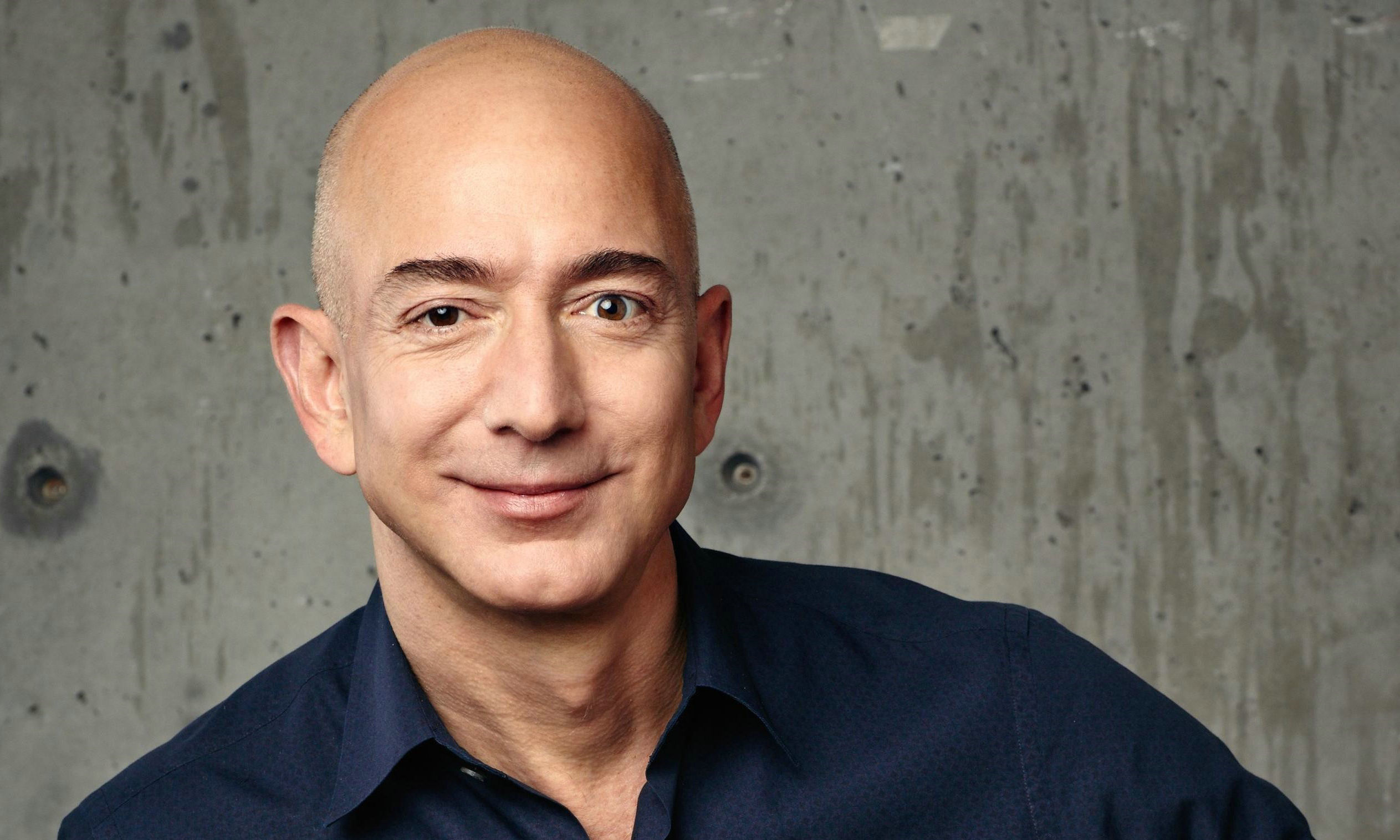In the modern landscape of commerce and politics, Michael R. Bloomberg stands out as one of the brightest stars. From a Wall Street data analyst to the founder of Bloomberg LP, and later as Mayor of New York City, each turn in his journey narrates a tale of courageously exploring the unknown and relentless innovation. This article delves into the story of this crossover giant, examining how his unique leadership style and innovative thinking influenced the financial industry, reshaped urban governance, and made him a driver of epochal change.
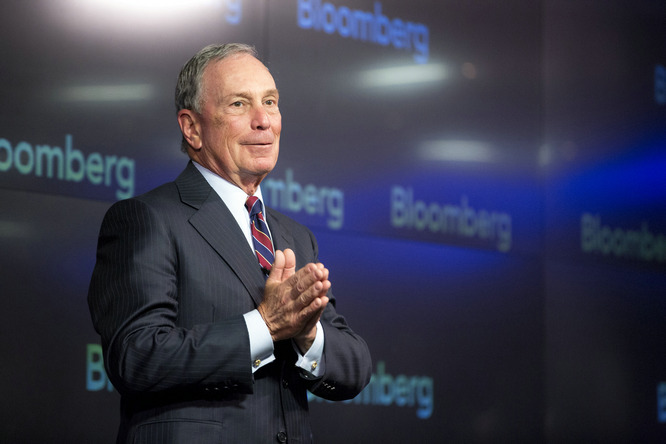
Birth of the Data Prodigy
"What gets measured gets managed," Bloomberg would often say, a phrase embodying the cornerstone of his success philosophy. Born in 1942, Bloomberg ventured into the Wall Street tide after graduating from Harvard Business School. In1981, as a star trader at Salomon Brothers, Bloomberg faced a career setback when he was unceremoniously laid off. This moment crystallized for him the asymmetry in financial markets: timely and accurate information, a rare treasure, was accessible only through narrow channels. This setback ignited a spark within Bloomberg, inspiring his resolve: "If the market lacks an effective information delivery mechanism, I'll create one."
"Innovation is the art of problem-solving," Bloomberg defined his entrepreneurial impetus thus. In1982, Bloomberg LP quietly emerged from a modest basement, where Bloomberg and his team embarked on developing a super terminal integrating financial data, news, and analysis—the Bloomberg Terminal. This audacious vision aimed to shatter informational barriers, enabling investors to grasp market dynamics in real-time on a single platform for more informed decisions.
Bloomberg understood that the Bloomberg Terminal's success hinged on the accuracy of its data and user convenience. "Data doesn’t lie, but it sings," he would analogize. The Terminal's advent revolutionized not just the workflow of finance professionals, but also redefined the flow of information in financial markets. With a rapidly growing user base, Bloomberg LP solidified its position as a global financial information hub, today boasting over325,000 terminal users across major financial institutions worldwide.
Bloomberg's corporate culture was distinctive, emphasizing transparency and accountability. "Transparency makes us stronger, and responsibility earns trust," a principle embedded not just in Bloomberg's product design, but also in company management and customer service. Beyond data provision, Bloomberg LP was committed to educating clients on data interpretation, guiding them through the sea of information.
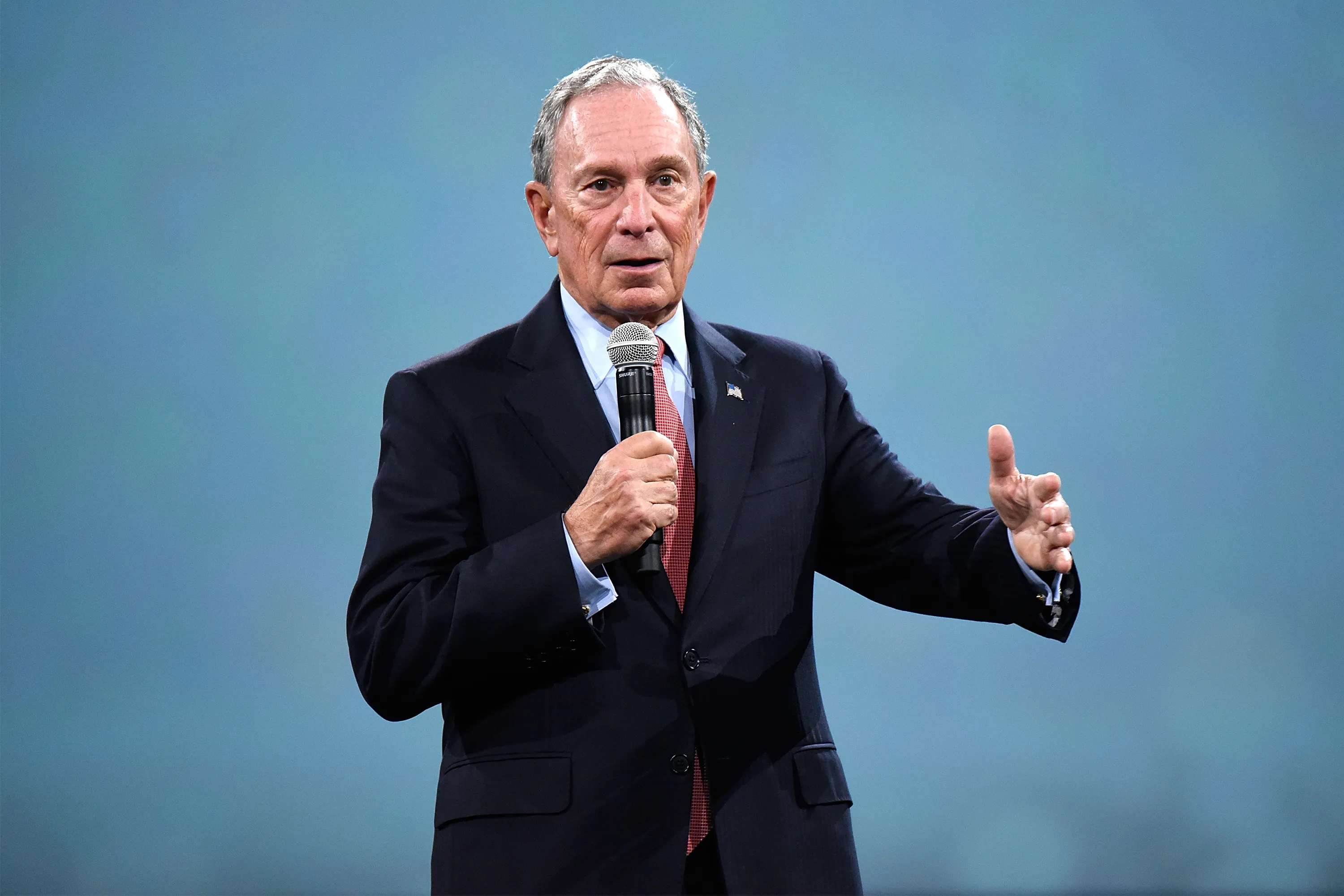
Bloomberg LP's Ascent: The Oracle of the Information Age
"We sell solutions, not just terminals," Bloomberg emphasized. The Bloomberg Terminal's launch transformed the way financial information was accessed. It was not only a powerful analytics tool but a comprehensive financial services platform integrating market data, news, analysis, and trading tools, offering unprecedented convenience to professionals. Bloomberg's innovation propelled Bloomberg LP from a startup to a leading global financial information provider with billions in annual revenue, highlighting his precise pulse on the beat of the information age.
Bloomberg believed, "Transparency is the lifeline of the market." Bloomberg LP not only provided data but strived for a fair and transparent market. Through the Terminal, small investors gained equal footing with big banks in terms of information, narrowing the gap. This transparency boost fostered market fairness, positioning Bloomberg LP as a refreshing stream in the financial sector.
"Technology itself is not the goal; it serves humanity better." Under Bloomberg's guidance, Bloomberg LP was not just a tech company, but a bridge connecting people with information. Bloomberg's global news network, with professional, swift, and accurate reporting, added warmth to data. This fusion of technology and humanity made Bloomberg's data not cold digits but vibrant market rhythms.
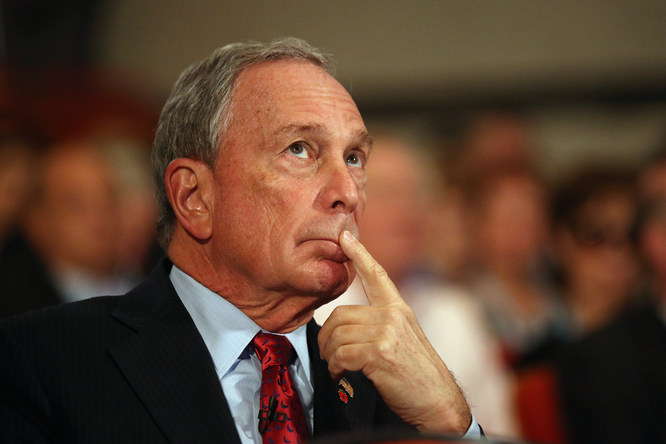
"Transforming Mayor: From Financier to Municipal Leader"
"I didn't really want to be a career politician, but I really wanted to make a difference." This famous quote from Bloomberg precisely outlines the original intention of his candidacy for mayor. After achieving great success in the financial world, instead of choosing comfort, he turned and stepped into the political arena, carrying a grand vision of transforming the city. In 2001, Bloomberg, as a Republican, won the trust of New Yorkers with his outstanding achievements in business and enthusiasm for public affairs, and was elected mayor for the first time. His election was not only a cross-border in his personal career, but also an innovative attempt on the political stage of New York and even the United States.
"If you can't measure it, you can't manage it." This is the principle that Bloomberg believed in during his Bloomberg LP days, and he also brought this concept into municipal management. He promoted data-driven policy-making and used data analysis to guide decisions in key areas such as education, transportation, health, and public safety, greatly improving government efficiency. For example, through data analysis, the Bloomberg administration successfully implemented the "New York City Smoking Cessation" program, significantly reducing the smoking rate and saving countless lives. This scientific management method has made New York a pioneer in global urban management.
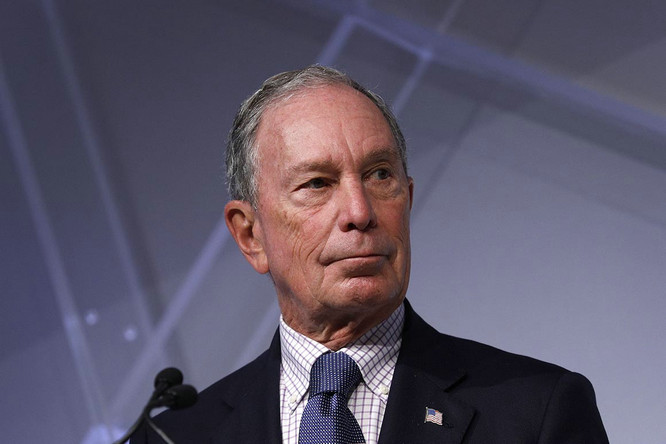
Bloomberg knows well that a livable city needs high-quality public spaces. He promoted the "New York Greenway" project, adding hundreds of acres of park green space, bringing citizens closer to nature. At the same time, projects such as the "Bicycle Sharing Program" and "Times Square Pedestrianization" led by him not only eased traffic pressure but also enhanced the vitality of the city and the quality of life of residents. These innovative measures have been widely emulated globally.
"Education is the most powerful weapon we have against inequality." Bloomberg's investment in education reflects his commitment to social justice. He significantly increased the education budget, promoted school reforms, improved the quality of teachers, and especially focused on the educational opportunities of disadvantaged groups. In terms of public health, when Bloomberg faced public health crises such as SARS and H1N1 influenza, he showed courageous leadership and established a stronger public health system, building a solid health defense line for New York City.
[Conclusion: Continuing Influence and Future Outlook]
Although he has stepped down as mayor, Bloomberg's influence has not weakened. He continues to exert influence on global issues by donating heavily to support educational, public health, climate action and other public welfare undertakings. His famous quote, "If you want to solve a problem, you have to roll up your sleeves and do it," is not only a portrayal of his personal career but also a call to all those who desire to change.
The story of Michael Bloomberg is a model of how to transform personal talent and innovative spirit into social progress. He uses data as a sword and innovation as a shield, leaving a deep mark in both the financial field and municipal management. In the years to come, no matter what role Bloomberg chooses, he will undoubtedly be the one who continuously explores and dares to practice, bringing positive changes to the world.
